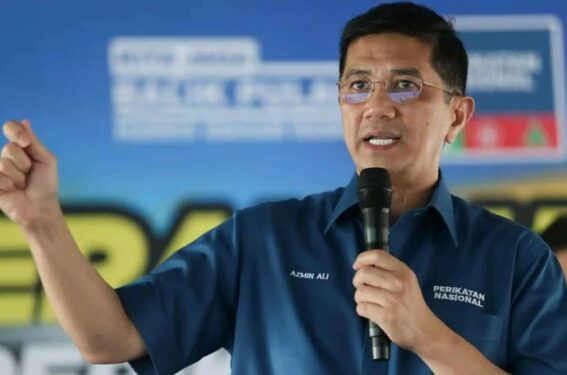By Chee Jo-Ey
WHEN work spaces like the office are no longer viable, the capacity to keep a business running will largely depend on whether companies have the infrastructure that can support remote work.
For accounting and audit firms which largely need to be looking at tonnes of documents, how are they coping with working from home during the Movement Control Order (MCO) period?
Ernst & Young PLT country managing partner Datuk Rauf Rashid said: “At EY, we already have a strong culture of flexible and remote working, so it has been a seamless transition to working from home, leveraging technology.”
The accounting firm has been focusing on its technology capabilities and regularly reviewing its technology infrastructure. “We are pleased with the outcome during this MCO period, which has shown that we have the capacity and resilience to achieve successful remote working,” Rauf told FocusM.
The firm has enabled most of its nearly 4,000 staff in Malaysia to use Microsoft Teams and OneDrive for Business, allowing it to stay connected and collaborate in a virtual world across the organisation and with clients. Across its four service lines – assurance, tax, transactions and advisory – it has proprietary digital tools and platforms that allow its people to continue working and collaborating with clients virtually.
Rauf admits that there are challenges as some of the work still requires physical verification and presence to execute but the firm continues to support its clients who are also going through significant challenges, helping them navigate these challenges and build their resiliency through an array of tools, resources and thought leadership.
EY has also been reaching out to business communities in general, sharing alerts on resilient enterprise, guidance on economic stimulus packages, among others, thus playing its part in helping businesses cope with the current difficult circumstances.
Even though face-to-face interaction is not possible currently, it stays connected to clients, speaking to them over the phone or via virtual meetings.
“We continue to engage with our regulators and policymakers, keeping an open line of communications about challenges, filing deadline requirements and remedies, and the overall state of our business,” adds Rauf.
Meanwhile, the firm makes sure to prioritise the safety and wellbeing of its people. “We are aware that it is a challenging time for many of our people, having to juggle working from home with caring for their children or elderly or vulnerable relatives during this MCO period. There are also the difficulties of isolation and so forth.
“In response, we have been helping them navigate work-life balance, manage time and connect in meaningful ways with each other and our clients in this new environment. Our Talent Team has activated regular communication channels to share wellbeing tips and webinars, as well as team activity suggestions to help our people stay connected, productive and healthy – both mentally and physically,” explains Rauf.
Baker Tilly Monteiro Heng chief operating officer Joe Heng believes that accounting firms that are equipped with the right infrastructure should be able to cope with the MCO but there are still challenges ahead.
He said: “Everyone’s able to work from home as we have the right infrastructure but some clients are not able to work remotely. The main issue occurs when we need clients’ information. We still have a lot of work to complete finalising audit reports for public-listed companies.
“We’re keeping busy with residue work from before the MCO but we can’t start a lot of new work because we need to request for accounts ledgers, etc. With the MCO, some clients don’t have the infrastructure to work from home.”
According to Heng, local companies are still not used to storing documents in online servers. The firm needs invoices or contracts to proceed with its services but they are mostly kept in the form of hard copies. Some companies do store them in the server, but supporting documents which are required are mostly not in the servers. The firm is trying to identify clients who can work remotely and do all it can for its clients.
“We have an infrastructure set up months ago for working from home so we’ve always been flexible with such arrangements. We basically drop files on the server and use VPN to access software and applications that we use,” adds Heng. — April 9, 2020









